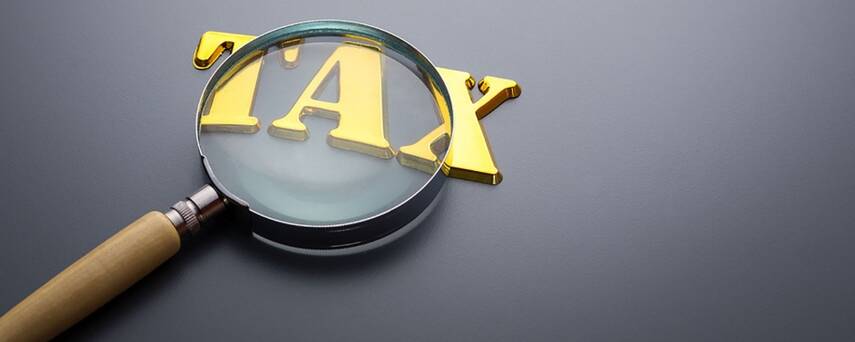We discuss them here
The Income Tax Act of India has divided the tax entities under various categories. Every individual is taxed under the type of individual unless two or more have come together to own the property or co-own it jointly. In such case, the property is taxed under the partnership firm like Limited Liability Partnership (LLP), an association of persons (AOP) or Body of Individual (BOI).Section 26 of the Income tax Act gives the guidelines for the co-owners of the property. The share of income may be the capital gains rise arising at the time of sale or from the rental. The act clearly states that the person is taxable on the amount of their share on the jointly owned property. One thing to note is that, if HUF jointly owns the property, then it is taxed at the hands of HUF under a separate entity and will not be apportioned among the members of HUF.
How is the share of co-owners decided?
If the husband and wife purchase the property, it is not always that they both own equal shares in the property. Sometimes the co-owners add another name to the property to make sure for the smooth succession of the property. The share of the co-owner is decided by the amount you pay for the down payment individually or the share of loan you both take. If the person is the co-owner but is not contributing towards the loan, then the tax claim is not provided to the person.If the property is acquired from inheritance, then the share is determined by the same mentioned on the will. If the property is jointly inherited, then the ratio is determined by your religion. However, if the joint owners have relinquished their right to the property by mutual consent, the ownership ratio shall stand modified to that extent.







